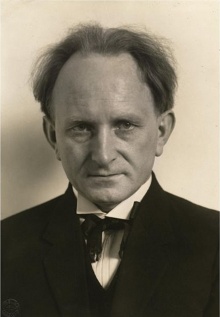A Quote by Sara Sheridan
Often we don't notice the stringent rules to which our culture subjects us.
Related Quotes
Pure photography allows us to create portraits which render their subjects with absolute truth, truth both physical and psychological. That is the principal which provided my starting point, once I had said to myself that if we can create portraits of subjects that are true, we thereby in effect create a mirror of the times in which those subjects live.
It is one of the paradoxes of parenting, and often a painful paradox, that even as our children need us for love and trust, they also need us for honest differing. It's not only over limits and rules...[but also] about what we represent in the way of culture, traditions, and values. We owe it to our children to let them know what we believe, and if they differ with us, we owe it to them to be honest adversaries, for it is through this honest confrontation that children can grow into adults who have a firm sense of their place in the sequence of the generations.
I speak a lot about what I call "the trance of unworthiness" which is really epidemic in our culture, this sense of "I'm not enough," or "something's wrong with me." Most of us have some level of it because our culture has all these standards (handed down through our families) of what it means to be okay.
Quite often, as life goes on, when we feel completely secure as we go on our way, we suddenly notice that we are trapped in error, that we have allowed ourselves to be taken in by individuals, by objects, have dreamt up an affinity with them which immediately vanishes before our waking eye; and yet we cannot tear ourselves away, held fast by some power that seems incomprehensible to us. Sometimes, however, we become fully aware and realize that error as well as truth can move and spur us on to action.






































